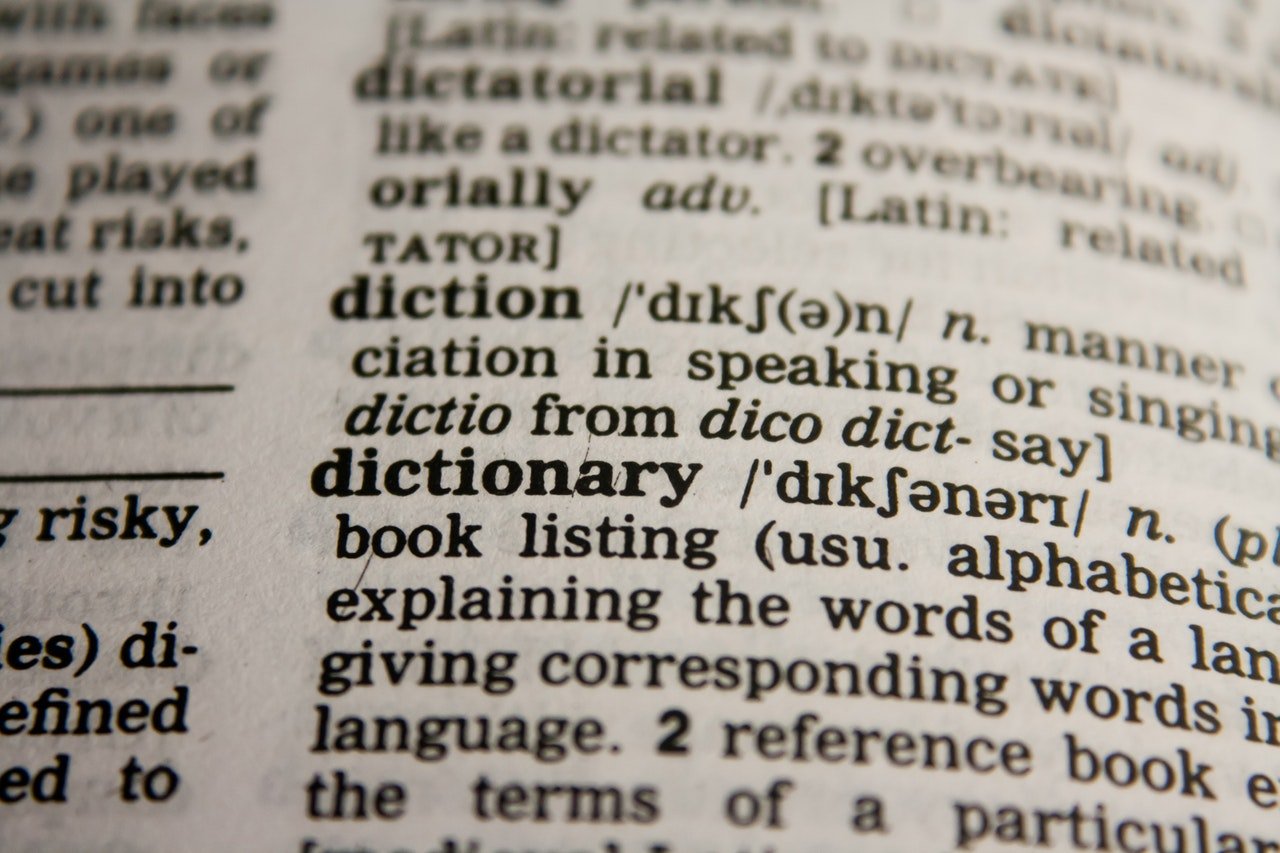Last night, enthusiastically, I was trying to make a point about something I felt extremely strongly about. Because my brain was working at the speed of light. My grammar couldn’t keep up, and was running at the speed of a car in shaadi season traffic.
Grammar police = jerks. And there is an existent study to prove that, thank you very much.

As a result, I kept making grammar mistakes, continuously being corrected. I swear, I could’ve bitten my friend’s head off. I made it my goal to prove that he’s a jerk. Turns out, science did that for me already.
According Science Alert, researchers have found that people who constantly get bothered by grammatical errors online have “less agreeable” personalities than those who just let them slide.
Aur Facebook pe toh puchho mat. Even for the slightest of typos, Shakespearean traits emerge out of their entitled asses and they make it a point to embarrass the hell out of you, in order to prove their so called superiority (that’s the study talking, not me).

“Psychological testing reveals these people are generally less open, and are also more likely to be judging you for your mistakes than everyone else.”
In the study, conducted by the University of Michigan, the researchers took 83 participants and asked them all to read email responses to an ad, which either contained no errors or had been altered to include typos or grammatical mix-ups.

The given questionnaire included five personality traits, extraversion, agreeability, conscientiousness, neuroticism, and openness. The participants were asked if they spotted any grammatical errors or typos and how much it got on their nerves.
The researchers also saw that when somebody characterised themselves as ‘less agreeable’ they tended to be more upset over grammar problems.
According to those scientists, if your inner grammar police awakens and you can’t stop yourself from correcting them, you are actually being a jerk.
Chris Weller from Tech Insider,
“People who correct other people’s typos can be some of the biggest nuisances around – not just because they’re pointing out flaws, but for the added conceit of thinking they’re doing you a favour.”
Hence, proved.

















